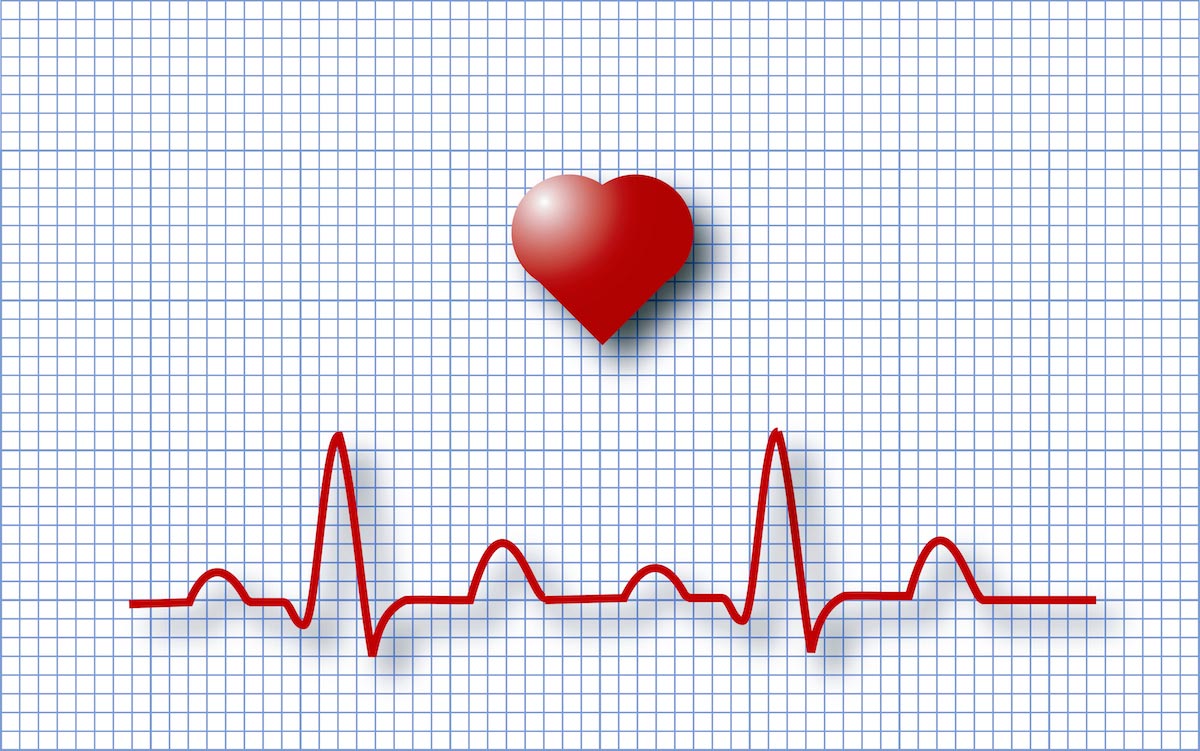No need for drugs: Parent education proven an effective solution for many ADHD challenges
09/16/2018 / By Rhonda Johansson

Evidence-based parent-teacher-children training programs have recently been proven to be effective not only in preventing child delinquency in later years but in reducing the symptoms of attention deficit/hyperactivity disorder (ADHD) among three to eight-year-olds. Researchers at the Frank Porter Graham Child Development Institute believe that their new study could help parents foster young children to develop more favorably during their primary school years. More importantly, by lessening ADHD outcomes, children with the disorder can develop better social skills and interaction methods towards their peers.
As associate director of research, Desiree W. Murray, explained on Science Daily: “ADHD in preschoolers can bring conflict with family members, and it carries elevated risk of physical injuries and suspension or expulsion from child care settings. Negative trajectories over time can include the development of other psychiatric disorders and difficulties with social adjustment.”
Murray also noted that children with ADHD tend to have difficulties academically and have a higher likelihood of dropping out of high school.
It is this last relationship that caused researchers to wonder if treating childhood delinquency could also improve ADHD symptoms.
In order to test this theory, however, Murray and her team needed to find an appropriate training program. They were able to find 258 such methodologies but narrowed these down to 11 studies that met their stringent criteria. These studies were compared to parent reports over a determined time period. The team found that among all their selected training programs, the Incredible Years® Basic Parent Program proved to be the most effective in easing ADHD symptoms.
Perhaps the strength of the Incredible Years® Basic Parent Program is that it is the most intensive program for high-risk children. As stated on their website, the program aims to treat behavioral problems in youngsters by strengthening parent-child relationships, mostly through positive reinforcement (e.g. praise, incentives, setting limits, etc.). An inadvertent result of addressing the child’s misbehavior is — apparently — lessening symptoms of ADHD.
“An effective 12-14 session program is a modest investment for preschool children who are at risk of ADHD,” Murray concluded. “The research shows it may promote long-term benefits that can move these children towards a more positive developmental path.”
These findings have a deeper implication as well. If these child-parent training programs prove to be consistently effective, this would reduce the need for psychiatric medications to be prescribed to young children. (Related: The ADHD Scam and the Mass Drugging of Schoolchildren (Transcript).)
Promoting targeted behavior
How your child grows and matures is a complex blend of both nature and nurture. Developmental psychologists and teachers have noted that addressing certain issues early may prevent the child from growing up with difficulties, either mentally or socially. ADHD, for example, is a brain disorder that makes it difficult for a person to pay attention or control certain behaviors. The new study suggests that coaching young children to develop positive life skills, such as persistence and regulating emotions, can improve cognitive function while preventing inappropriate behavior.
Similarly, parents can influence their children to become more conscientious in life by encouraging them to do their homework. A recent analyses of primary to secondary school children concluded that students who took the time to do their homework each night were more conscientious than their peers. These findings suggests that homework does not only improve academic performance and student achievement but personal growth as well.
A caveat of the study though was that the children had to put a lot of effort into their assignments. Merely doing the homework was not enough to induce the desired psychological effect.
Sources include:
Tagged Under: adhd, ADHD in children, attention deficit/hyperactivity disorder, child behavior, childhood delinquency, mental, natural cures, natural remedies, parent-child training programs, positive reinforcement, psychiatry




















